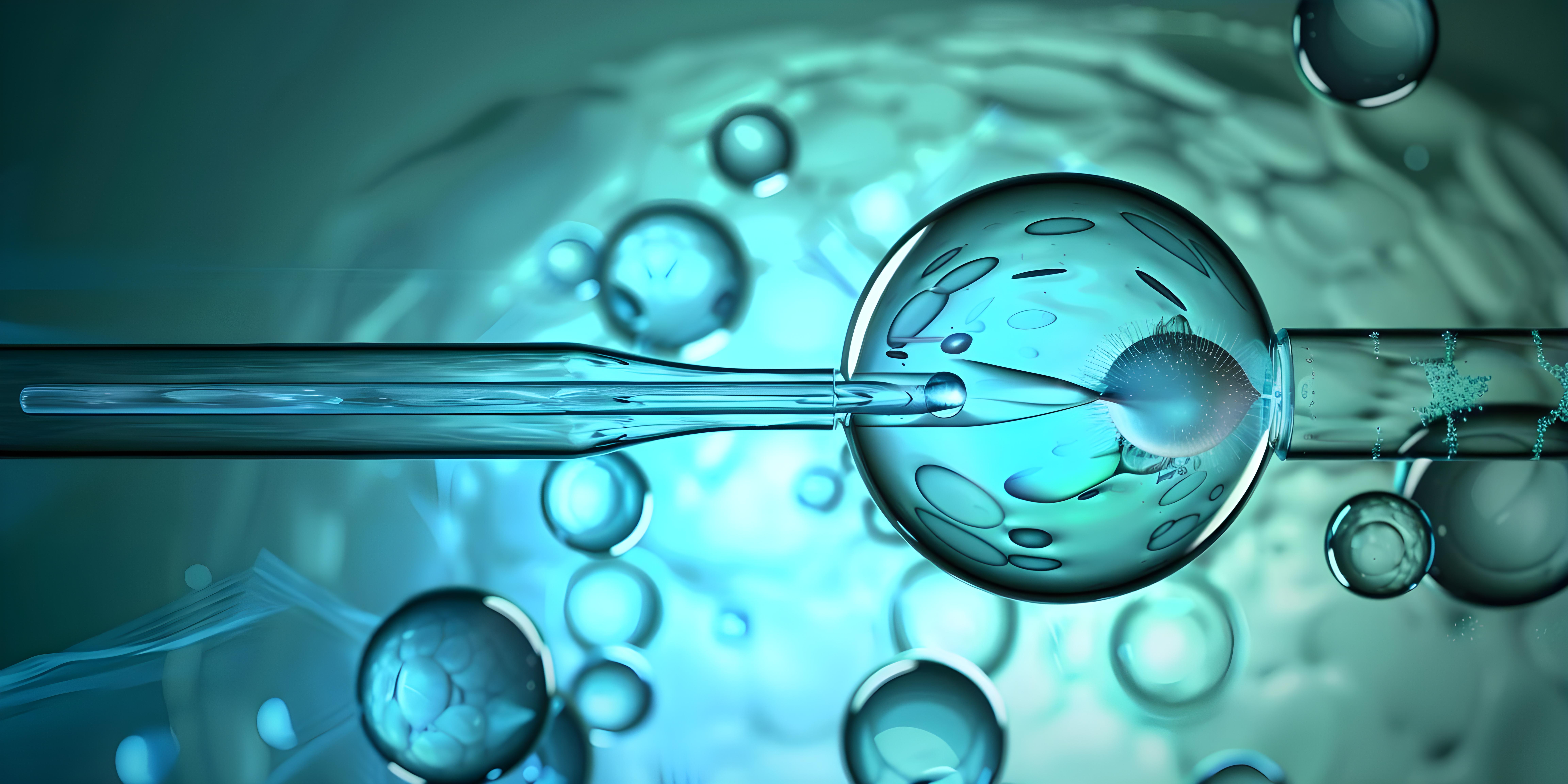
Questions to Ask Your Doctor Before Starting IVF
Starting your IVF journey can feel overwhelming with so many questions and decisions to make. Being well-prepared with the right questions for your fertility doctor will help you understand your treatment options, set realistic expectations, and make informed decisions about your fertility care.
1. Which is more suitable for me if I experience unexplained infertility: IUI or IVF?
Unexplained infertility is possible due to numerous reasons ranging from ovulation disorders, PCOS, thyroid, egg quality, or even due to age. Understanding both is necessary before choosing between IUI and IVF.
• To increase the likelihood of fertilization, healthy sperm are inserted into the uterus during IUI (Intrauterine Insemination). It is most effective when the fallopian tubes are open and sperm are healthy.
• Once IUI fails after 3–5 attempts, physicians normally prescribe IVF (In Vitro Fertilization). During IVF, medications help to stimulate multiple eggs, which are retrieved and fertilized in a lab. The quality embryo(s) are inserted into the uterus.
Your fertility doctor will guide you through what's appropriate for you, depending on your particular condition.
2. Is there an age limit for IVF treatment?
As you get older, rates of fertility and success with pregnancy both decrease naturally. You should talk to an expert in your unique situation they will check your general health and likelihood of success before proceeding with treatment.
3. Which tests are necessary before IVF?
Before IVF, a number of tests are performed:
• For women: Hormone levels and ovarian reserve are measured by blood testing.
• Blood tests and semen analysis for men.
4. How long does IVF take from start to finish?
The ovarian stimulation and egg retrieval process usually takes 10 to 14 days. After that:
Embryos are fertilized and may be biopsied for testing.
Genetic test results usually take around 2 weeks.
If doing a Frozen Embryo Transfer (FET), the embryo is typically transferred between days 19–21 of the menstrual cycle.
A pregnancy test is done about 10 days after transfer.
If pregnant, you'll be monitored until the 10-week scan, after which you'll be referred to your regular OB.
5. How should I change my lifestyle before IVF?
Implementing a few good changes prior to IVF will truly assist you in increasing your chances of success. These changes are in place to assist with your overall health, increase fertility, and get your body ready for the upcoming treatment.
If you're doing this with a partner, it's probably best for both of you to make these changes, since they can influence egg and sperm quality, and even how smoothly you can have a pregnancy.
These are some important things to pay attention to:
• Maintain your weight in the normal range
• Have a good, balanced diet
• Reduce or eliminate alcohol
• Stop smoking
• Exercise regularly with moderate activity
• Manage stress (such as yoga, meditation, or hobbies)
• Discuss with your physician about any medications or supplements you are taking
• Watch out for environmental toxins (such as chemical exposure or radiation exposure)
These little steps can go a long way as you get ready for IVF.
6. Should I go for a single or multiple embryo transfer?
Today, single embryo transfer is the preferred approach. Thanks to genetic testing, doctors can choose the healthiest embryo, reducing risks like twins or pregnancy complications that may come with multiple embryo transfers.
7. Do I require PGT-A or PGT-M testing?
• PGT-A screens all 23 sets of chromosomes for any genetic defects.
• PGT-M is done in case there's a known risk of a particular inherited condition.
Both are performed on embryos after fertilization but prior to transfer. An initial genetic carrier screening will reveal whether you require either or both tests.
8. How much does IVF treatment cost?
IVF costs differ according to your treatment plan. It usually involves:
• pre-treatment laboratory work
• medications
• IVF procedure fees
• laboratory charges
9. What happens to unused embryos?
Your unused embryos aren't discarded without your permission. You may:
• Keep them preserved for future use
• Donate to other couples
• Donate to research
You will be provided with a consent form where you can choose what you would like to do.
10. Are there side effects of IVF treatment?
Yes, there may be some side effects, including:
• Injection site pain
• Mood changes
• Mild bloat or abdominal pain
• In rare cases, Ovarian Hyperstimulation Syndrome (OHSS), which can need treatment
The majority of side effects are temporary and mild. If you ever feel ill, the staff at the clinic is always on hand to assist you.

